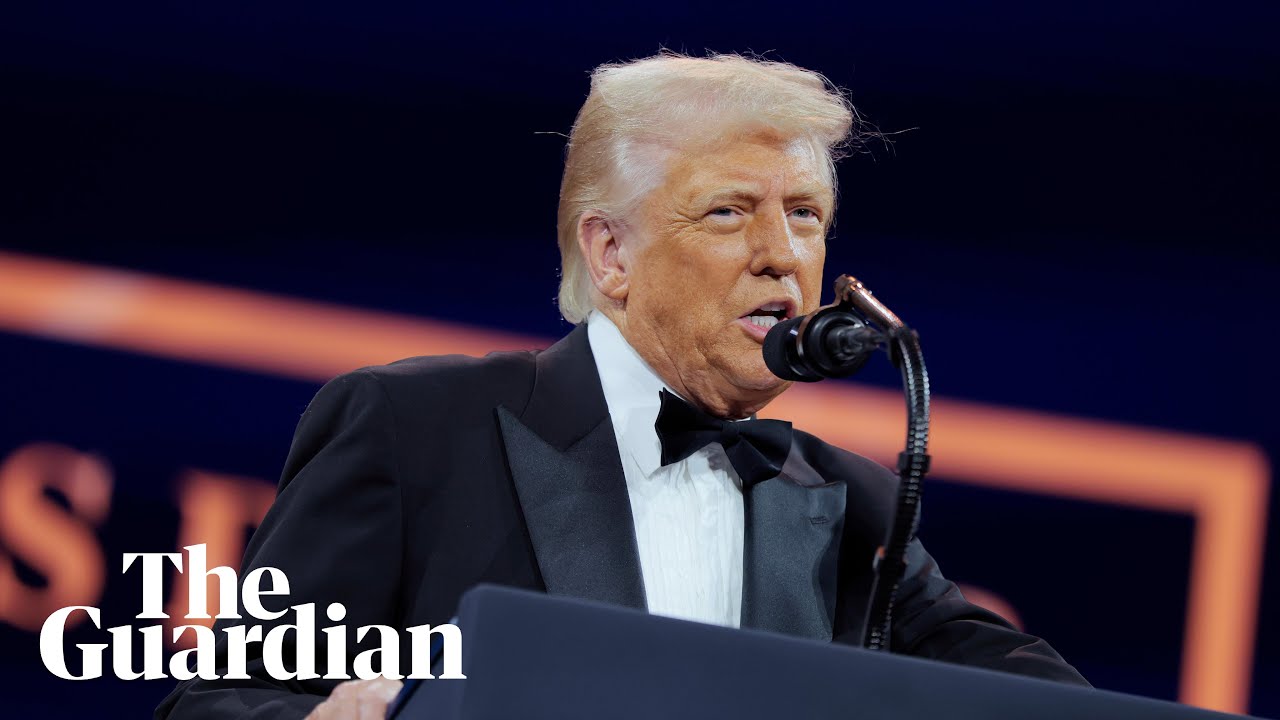Let’s talk about what’s heating up the global economy right now—the 2025 U.S. tariff war. If you’ve noticed prices going up, seen news about trade fights, or heard countries firing back with new import duties, that’s all connected. In this post, we’ll break down what’s going on, how it affects everyday people and businesses, and what we might see next.
What Sparked the New U.S. Tariff War?
Earlier this year, the U.S. government introduced a new round of tariffs on imports, specifically targeting industries like electric vehicles, steel, solar panels, and semiconductors. Officials claim it’s about protecting American jobs, reducing economic dependence on China, and creating a more “fair” global trade system.
But let’s be honest—there’s a deeper political angle to all this too, especially with the 2024 U.S. election still fresh. These tariffs are as much about economic strategy as they are about appealing to voters in key manufacturing states.
As of early 2025, electric vehicles from China now face tariffs as high as 100%. Steel and aluminum imports from China and the EU have been hit with 25% to 50% tariffs. Solar panels, especially those coming from Southeast Asia and China, are taxed at a 50% rate. Meanwhile, semiconductors from South Korea and Taiwan now carry an extra 30% cost.
Why Does the U.S. Keep Using Tariffs?
You might be wondering: “Why are we still using tariffs in 2025? Aren’t they a bit outdated?” Fair question—but there are three main reasons why tariffs still get used:
First, they’re seen as a way to protect domestic jobs, particularly in manufacturing-heavy regions. Second, they reduce reliance on geopolitical rivals, especially when tensions with countries like China run high. And third, tariffs tend to be politically popular, especially with voters who feel like globalization has hurt their communities.
Who’s Feeling the Impact of These Tariffs?
This is where it hits home. Tariffs aren’t just something happening in Washington—they affect the rest of us too.
For American consumers, the impact shows up as higher prices on everything from electronics to new cars to household appliances. The cost of imports goes up, and retailers pass that cost along.
For U.S. manufacturers, it’s a mixed bag. While some benefit from less foreign competition, others struggle with rising prices on parts and materials they need to operate. Supply chains get more expensive and complicated.
Exporting countries, especially those that relied heavily on the U.S. market, are now seeing drops in demand and are bracing for job losses and political pressure at home.
And the global economy? It’s already starting to feel the weight of reduced trade, higher inflation, and growing instability in international markets.
What Are Other Countries Doing in Response?
As expected, several countries are retaliating. China responded quickly by slapping new tariffs on American agricultural products, especially soybeans and meat exports. The European Union has started exploring complaints to the World Trade Organization and may respond with its own trade barriers.
South Korea is already reevaluating its tech export policies, while Mexico has warned it may introduce new tariffs on U.S. manufactured goods if the situation escalates further.
All this pushback could easily spiral into a larger, more damaging global trade war, which is something almost everyone wants to avoid—but is very much a possibility.
What Does This Mean for the Future?
So, where is this going? Right now, it could go in a few directions:
- Negotiated De-escalation
If global leaders decide to talk things out, some of these tariffs could be reduced or removed in return for better trade terms. - Worsening Trade War
If retaliation continues and other countries jump in, the global economy could face slower growth and more volatility. - Political Shifts
With major elections coming up in places like the UK and Japan, new governments might bring different strategies to the table, which could either calm or inflame trade tensions.
So… What Should We Expect?
To wrap it all up, here’s a quick look at both sides of the debate:
On the positive side, tariffs can help encourage domestic manufacturing, protect national industries, and reduce reliance on politically unstable countries. They’re also a powerful tool in international negotiations.
But on the downside, tariffs can quickly lead to higher prices for consumers, cause major disruptions to global supply chains, and risk retaliation that can hurt exports and slow the economy.
Final Thoughts
This 2025 tariff war is much more than a headline—it’s reshaping trade, prices, and political relationships around the world. Whether you’re a business owner dealing with import costs or a consumer watching prices climb, these policies are already touching your day-to-day life.
And if you’re already feeling the financial impact, you’re not alone. The best thing we can do right now is stay aware and prepared.

